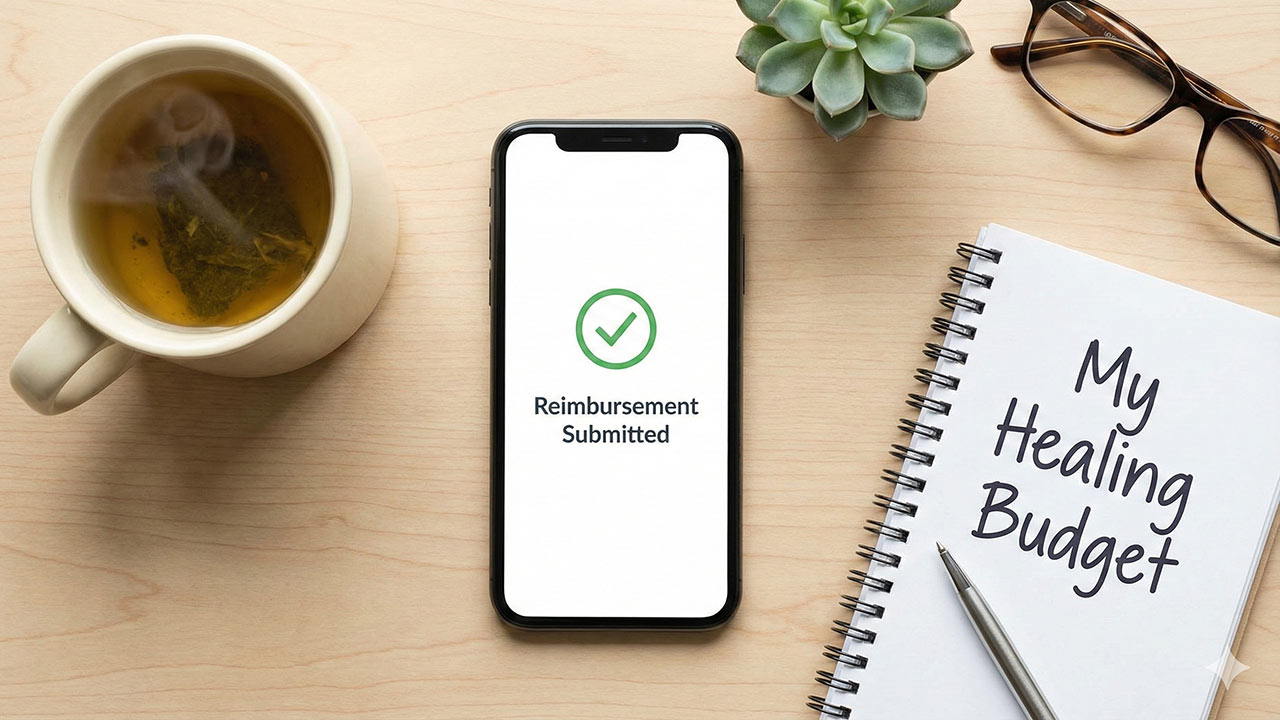It might be a familiar feeling. A tightness in your chest when you walk into a certain store. A headache that appears after a tense meeting at work. The bone-deep exhaustion that sleep doesn’t seem to fix. For many Black, Indigenous, and People of Color (BIPOC), these physical sensations are often dismissed as “just stress.” We’re told to relax, to not take things so personally, to just move on.
But what if this isn’t just stress? What if it’s the logical, biological consequence of navigating a world that is not always safe for you? What if your body is keeping a precise record of every slight, every injustice, and every moment you’ve had to be on guard?
This experience has a name: racial trauma. It is not a metaphor. It is a real, scientifically-validated mental and emotional injury caused by encounters with racism, discrimination, and systemic oppression. And understanding it is the first step toward healing the profound impact it has not just on your mind, but on your physical body.
What is Racial Trauma? More Than Just a Single Event
When we hear the word “trauma,” we often think of a single, catastrophic event. But racial trauma is different. While it can certainly be caused by a major, overt act of racism, it is more often a cumulative wound, inflicted over a lifetime through a thousand different cuts. It is a unique form of trauma because it targets a core part of your identity, and it is relentless.
Racial trauma is typically caused by three types of racial stressors:
- Overt Racism and Macroaggressions: These are the most visible forms of racism. They include hate crimes, racial slurs, physical violence, and blatant discrimination in housing, employment, or the justice system. These events are direct assaults on your safety and sense of self.
- Microaggressions: These are the subtle, often unintentional, daily indignities that communicate hostile or negative racial slights. They are the questions like, “Where are you really from?” The backhanded compliment of being called “articulate.” Being followed by security in a store, or having your expertise constantly questioned in a professional setting. While a single microaggression might be easy to dismiss, their cumulative effect is a constant drain on your emotional and psychological resources, forcing you to question your own reality.
- Vicarious and Intergenerational Trauma: You don’t have to be the direct target of racism to be traumatized by it. Vicarious trauma occurs when you witness racism happening to others, whether it’s a friend, a family member, or seeing a video of police brutality online. This is compounded by intergenerational trauma—the idea that the pain and stress of historical oppression (like slavery, colonization, and systemic injustice) are passed down through generations, creating a baseline of hypervigilance and a deep-seated understanding that the world is not always a safe place.
When you combine these experiences, the result is a state of chronic stress. Your mind and body are forced to exist in a constant state of high alert, always anticipating the next threat. This is not a psychological failing; it is a survival mechanism. And it has profound, measurable effects on your physical health.
The Body Keeps the Score: The Physical Toll of Chronic Threat
To understand how racial trauma affects the body, you have to understand the body’s threat response system. When you perceive a danger—whether it’s a tiger in the wild or a racist comment in the boardroom—your brain’s alarm system (the amygdala) sounds the alarm. This triggers a flood of stress hormones, primarily cortisol and adrenaline, preparing you for “fight or flight.” Your heart rate increases, your blood pressure rises, and your muscles tense.
This is a brilliant system for short-term survival. The problem is, for BIPOC individuals, the “tiger” never fully goes away. The constant exposure to microaggressions and systemic bias means the alarm system is always on. Your body is perpetually marinating in stress hormones, and it was never designed for that.
This chronic activation of the stress response leads to significant wear and tear on the body, manifesting in a host of physical symptoms:
- Cardiovascular Issues: The constant high alert puts immense strain on your heart and blood vessels. This is a primary reason why communities of color experience disproportionately higher rates of hypertension, heart disease, and stroke.
- Weakened Immune System: Chronic cortisol exposure suppresses the immune system, making you more vulnerable to infections, illnesses, and autoimmune conditions.
- Digestive Problems: The gut is highly sensitive to stress. Racial trauma is often linked to chronic digestive issues like irritable bowel syndrome (IBS), stomach ulcers, and indigestion.
- Chronic Pain and Fatigue: The constant muscle tension from being on guard can lead to chronic headaches, back pain, and muscle aches. The sheer energy it takes to maintain this state of hypervigilance leads to a profound and persistent sense of exhaustion that rest alone cannot cure.
- Sleep Disturbances: It’s difficult for the body to enter a state of deep, restorative rest when it believes it’s under threat. Insomnia, difficulty falling asleep, or waking up feeling unrested are common symptoms of racial trauma.
The Emotional and Psychological Weight
The physical toll of racial trauma is inextricably linked to its emotional and psychological impact. Living in a state of constant threat rewires how you see the world and yourself.
Common psychological symptoms include:
- Hypervigilance and Anxiety: A state of being constantly on guard, scanning your environment for potential threats, and feeling a pervasive sense of unease or dread.
- Depression and Hopelessness: The emotional exhaustion of fighting an invisible battle can lead to feelings of deep sadness, worthlessness, and a sense that things will never get better.
- Anger and Irritability: A completely valid and understandable response to injustice. However, this anger is often invalidated by society, forcing individuals to suppress it, which can lead to it emerging as irritability or rage.
- Avoidance: Actively avoiding people, places, or situations that might trigger memories or feelings associated with past racist experiences. This can lead to social isolation and a shrinking world.
- Internalized Devaluation: The most insidious effect of racism is when you begin to internalize the negative messages you receive. This can lead to self-doubt, low self-esteem, and questioning your own worth and abilities.
Healing is a Journey of Reclamation
If you are reading this and recognizing your own experience, the most important thing to know is this: You are not broken, and you are not alone. Your body and mind are having a normal reaction to an abnormal and unjust set of circumstances. Healing from racial trauma is not about developing a thicker skin or learning to ignore racism. It is about acknowledging the wound and giving your body and mind the resources they need to process the pain and reclaim a sense of safety.
A culturally-affirming therapist who is trained in racial trauma can be an invaluable partner on this journey. Unlike traditional therapy models that might dismiss or misunderstand your experiences, a culturally humble therapist provides a space where you will be seen, respected, and valued.
In a safe therapeutic space, you can:
- Name Your Experience: Simply having a professional validate your reality and give a name to your suffering can be incredibly powerful.
- Process Suppressed Emotions: You can safely express the anger, grief, and fear that you may have been forced to hold inside for years, without judgment.
- Learn to Regulate Your Nervous System: Since trauma is stored in the body, healing must involve the body. A trauma-informed therapist can teach you somatic and mindfulness-based skills to help calm your overactive stress response and restore a sense of safety within your own skin.
- Build Resilience and Empowerment: Therapy can equip you with the tools to navigate future encounters with racism, set healthy boundaries, and reconnect with your inherent strength and worth.
You have carried this weight for long enough. Acknowledging the reality of racial trauma is an act of self-compassion. Seeking support is an act of profound strength. It is the first step toward unburdening your body, calming your mind, and beginning the journey back to the whole, healthy, and liberated life you deserve.














